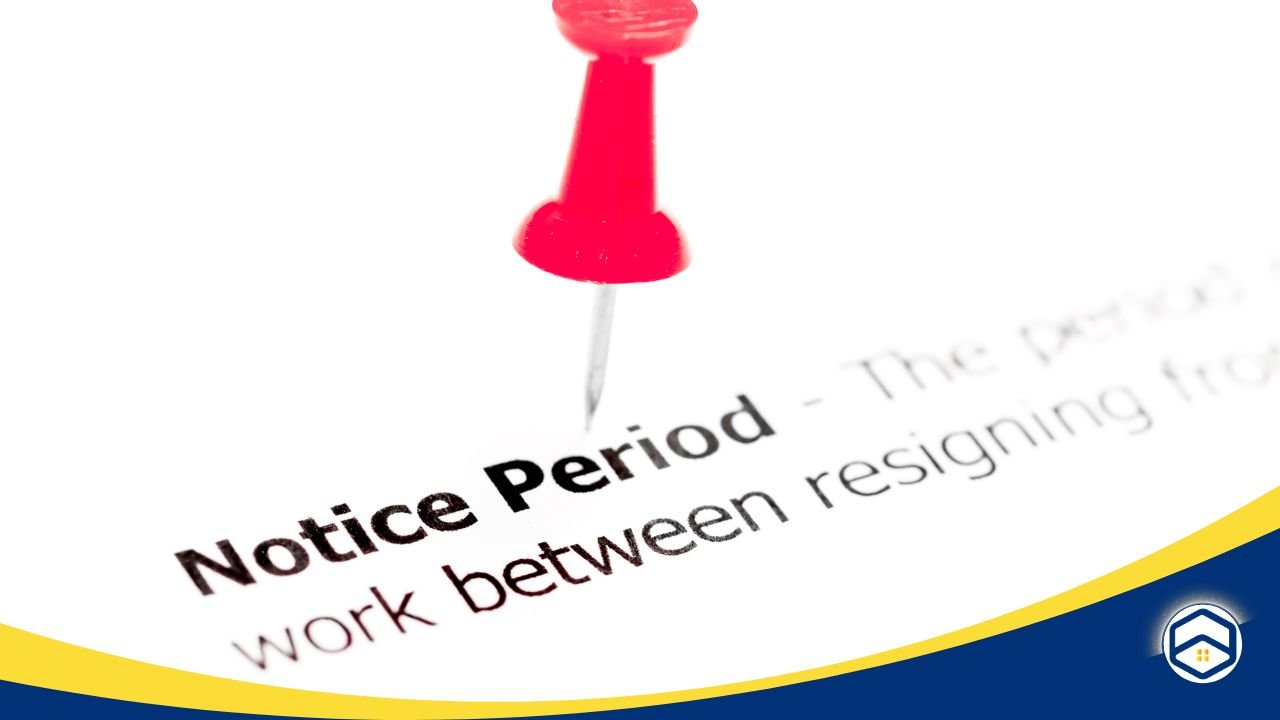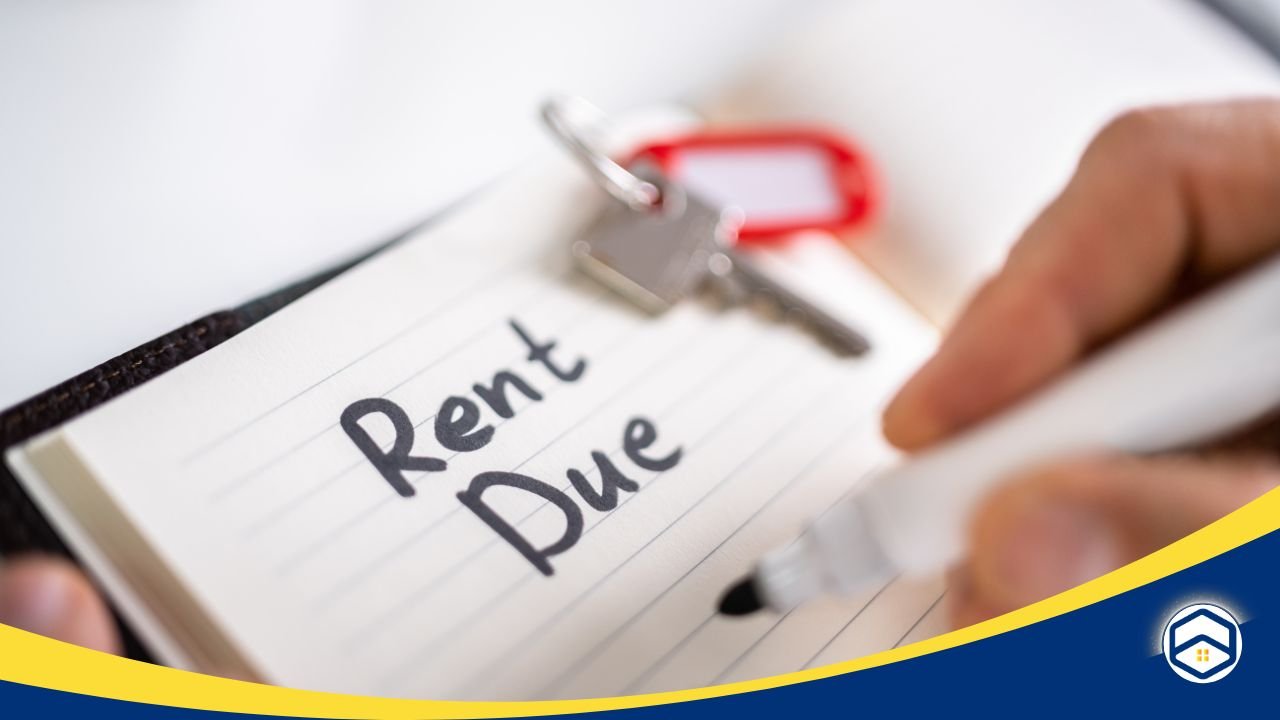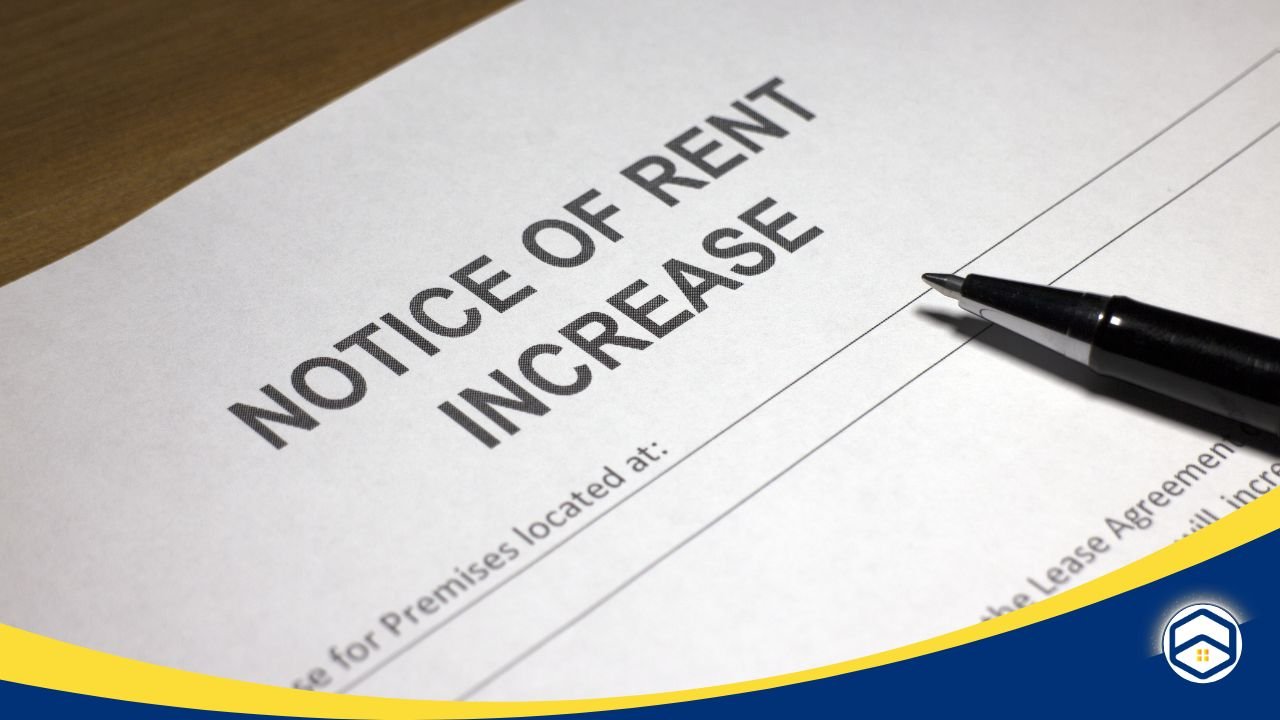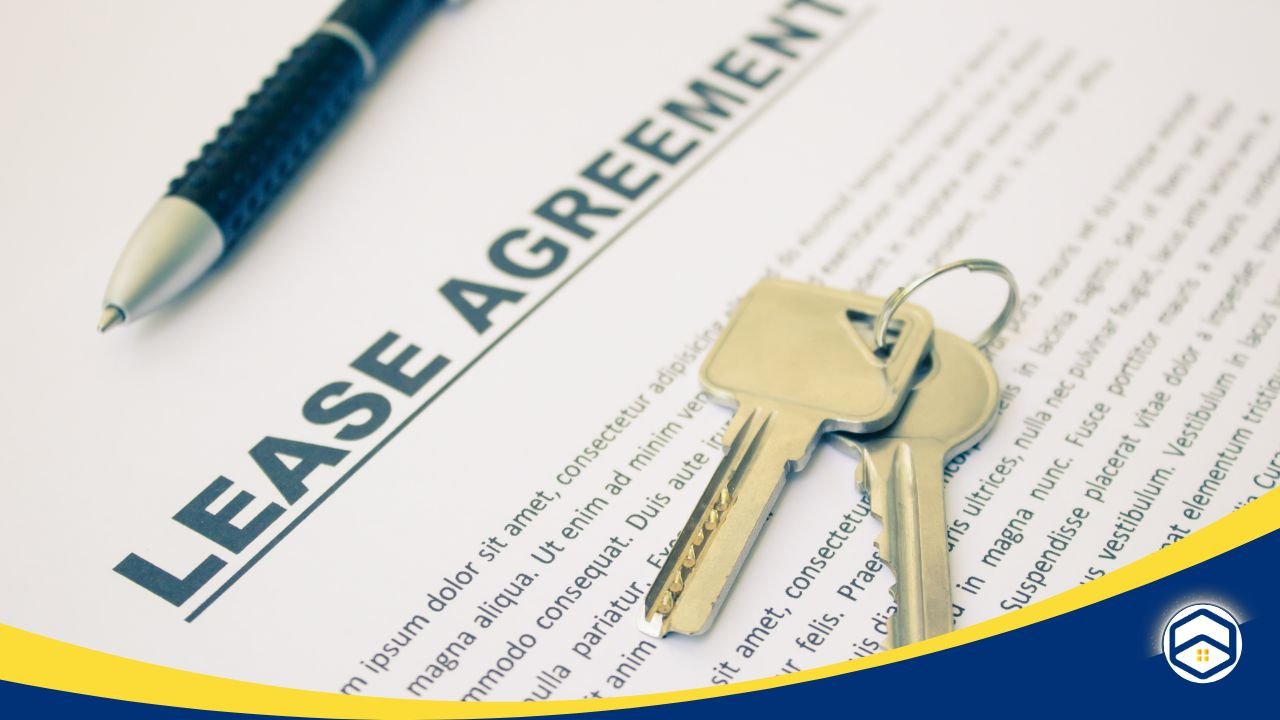Renewing your lease in Houston can seem like a daunting process, especially if you’re a worker on a tight budget. But with the right information, you can navigate it smoothly and even uncover ways to keep your housing costs affordable. This guide explains the Houston lease renewal process, local regulations, and actionable tips for workers aiming to secure budget-friendly housing.
Understanding the Houston Lease Renewal Process
The Houston lease renewal process can feel like uncharted territory, especially for tenants managing tight budgets. Understanding each step will help you make informed decisions, avoid surprises, and potentially save money. Below is a detailed breakdown to guide you through the renewal process in Houston.
What Is a Lease Renewal?
A lease renewal is an agreement between a tenant and landlord to extend the terms of an existing lease, ensuring continued occupancy of the rental property. While the primary structure of the lease often remains the same, renewal offers both parties a chance to revisit and renegotiate terms.
In Houston, lease renewals often include the following key elements:
Review of Current Rent Rates:
Landlords often reassess the property’s rental value to adjust the rent in line with the market. In Houston’s competitive rental market, rent increases are common, but tenants can negotiate or explore alternative options if the hike feels excessive.
Renegotiation Opportunities:
- Renewal discussions provide a chance to renegotiate specific terms, such as:
- Maintenance Responsibilities: If past maintenance delays caused inconvenience, this is the time to ensure better accountability.
- Utilities and Fees: Tenants may discuss including or excluding utility costs in the rent.
- Flexibility in lease duration can also be requested, e.g., switching from a 12-month lease to a 6-month agreement if uncertain about long-term plans.
Signing a New Lease Document:
After terms are agreed upon, a new lease agreement is signed. This formalizes the continuation of the rental relationship for the agreed duration, typically 6 to 12 months in Houston.

How to Start the Renewal Process
To make the Houston Lease Renewal Process smooth and stress-free, tenants should follow these steps:
1. Check Your Lease Terms
Begin by reviewing your current lease to understand renewal policies. Pay attention to:
Notice Period Requirements: Many leases in Houston require tenants to notify landlords of their intent to renew or vacate 30-60 days before the lease expiration date.
Renewal Fees: Some leases include a clause about fees for renewal processing. Knowing these terms can help you prepare financially.
2. Communicate Early
Proactive communication with your landlord is crucial. Reach out at least 30-60 days before the lease ends to express your intent.
Use this opportunity to:
- Discuss any desired changes to the lease.
- Request a maintenance review of the property if needed.
- Express concerns about rent increases if applicable.
3. Review Rent Changes
One of the most critical aspects of the Houston Lease Renewal Process is understanding potential rent adjustments.
- Ask for Written Details: Landlords should provide a formal notice of rent changes, typically included in a renewal offer.
- Compare Market Rates: Research similar properties in your area to determine if the new rate is reasonable. This can strengthen your negotiation position.
- Negotiate When Possible: If the rent increase seems excessive, provide examples of comparable properties or offer to sign a longer lease in exchange for a smaller increase.
4. Sign the New Agreement
- Before signing the renewal lease, take the time to carefully review it. Look for:
- Changes in clauses or added responsibilities.
- Additional fees or new terms related to maintenance or utilities.
- Duration of the lease and any early termination penalties.
- Seek Clarification: If you’re unsure about any term, ask for clarification from your landlord or consult a tenant advocate.
By following these steps and being proactive, tenants in Houston can navigate the Houston Lease Renewal Process with confidence and avoid unnecessary stress. If you’re facing challenges like rent increases or unclear terms, don’t hesitate to seek help from local tenant organizations or resources like the Texas Tenant Advisor for guidance.

Houston-Specific Lease Renewal Regulations
Houston’s lease renewal process is guided by Texas state law, which balances tenant protections with landlord flexibility. For low- and middle-income workers, understanding these regulations can help secure housing rights and avoid unexpected challenges during the Houston Lease Renewal Process. Below are the key regulations and how they impact the renewal process in Houston.
1. Notice Period
In Texas, landlords must adhere to specific notice requirements, ensuring tenants have adequate time to respond to lease changes or prepare for moving out.
- Lease Termination:
Landlords are required to provide tenants with a minimum of 30 days’ written notice before terminating a lease. This gives tenants time to either renew or seek alternative housing. - Rent Changes:
Similarly, any changes to the rent amount must be communicated at least 30 days in advance. This is especially important in Houston’s competitive housing market, where rent increases are common.- Tenants can use this time to evaluate the fairness of the proposed rent and explore negotiation options.
- Tenant Notice to Landlord:
Most leases require tenants to notify landlords of their intent to renew or vacate at least 30-60 days before the lease expires. Missing this deadline can result in penalties or losing the option to renew.

2. Security Deposits
When renewing a lease, questions about security deposits often arise. Under Texas law:
- No Automatic Increases:
Landlords cannot automatically increase the security deposit during lease renewal unless both parties agree to the change. - Deposit Usage During Renewal:
If the landlord plans to use the security deposit to cover damages or unpaid fees from the previous lease term, they must provide a detailed written explanation. - Refunds After Termination:
Should you choose not to renew, landlords must return your security deposit within 30 days of moving out, provided no damages or unpaid rent exist.
To avoid misunderstandings, tenants should document the condition of the rental property before renewal.
3. Rent Control
One of the most significant challenges for tenants in Houston is the absence of rent control laws. Unlike in some states where rent increases are capped, Texas allows landlords to set rent prices based on market demand.
- What This Means for Tenants:
- Rent increases can occur during lease renewal, often aligning with local market trends.
- There are no legal limits to how much a landlord can increase the rent unless specified in the lease agreement.
- How to Protect Yourself:
- Negotiate: If you’re facing a steep increase, provide evidence of comparable rental prices in your area to justify a lower rate.
- Leverage Tenant Value: Highlight your track record as a reliable tenant to persuade the landlord to reconsider a rent hike.
For workers on tight budgets, navigating rent increases during the Houston Lease Renewal Process without protections like rent control can be tough. Local assistance programs may help if the new rent becomes unaffordable.
For detailed legal information, visit the U.S. Department of Housing and Urban Development (HUD) at hud.gov.

Tips to Save on Lease Renewal Costs
Negotiate Your Rent
If your landlord proposes a rent increase, don’t hesitate to negotiate. Use the following points to support your case:
- The property’s market value compared to similar units in the area.
- Your payment history as a reliable tenant.
- Your willingness to sign a longer lease for reduced rent increases.
Look for Rent-Controlled Housing
While Houston does not have rent control, some nonprofit organizations and housing assistance programs can help you find budget-friendly housing.
Explore Rent Assistance Programs
By staying proactive, gathering evidence, and using the resources available to you, tenants can confidently navigate the Houston Lease Renewal Process and secure their housing needs.
Caption: Smart Strategies to Save on Lease Renewal Costs.
Alt Text: Person dropping coins into a jar while calculating expenses, symbolizing cost-saving tips for lease renewal.
Navigating Lease Disputes
Disputes during the Houston Lease Renewal Process can be stressful, particularly for tenants on a tight budget. Whether it’s an unexpected rent increase or unresolved maintenance issues, knowing how to handle these situations can save time, money, and unnecessary frustration. Here’s a detailed guide to addressing common lease disputes effectively.
1. Rent Increases
One of the most common disputes arises from rent increases during lease renewal. While Texas does not impose rent control, tenants have rights and options to challenge rent hikes they believe are unreasonable.
What to Do If You Face a Rent Hike:
- Request Documentation: Ask your landlord for a written explanation of the rent increase, including details about:
- Market rate comparisons in the area.
- Specific reasons for the increase (e.g., property improvements, rising taxes).
- Do Your Research: Compare the proposed rent to similar properties in your neighborhood. Use rental platforms or consult local housing organizations to gather evidence of fair market value.
- Negotiate: If the increase feels excessive, negotiate with your landlord. Offer alternatives like:
- Signing a longer lease for a smaller increase.
- Providing proof of your reliability as a tenant (e.g., on-time payments, maintaining the property).
- Consider Mediation: If negotiations stall, seek mediation through a local housing authority. Mediation involves a neutral third party helping both sides reach a fair agreement.

2. Maintenance Issues
Unresolved maintenance problems can lead to disputes, especially if the landlord has failed to address issues before presenting a renewal offer. Texas law requires landlords to maintain rental properties in habitable condition, which includes:
- Ensuring proper plumbing, electricity, and heating.
- Addressing health hazards such as mold or pest infestations.
Steps to Resolve Maintenance Disputes:
- Document the Issues: Take photographs or videos of the unresolved problems and create a detailed list of all issues. This serves as evidence if the dispute escalates.
- Notify the Landlord in Writing: Submit a written request to the landlord, clearly outlining the maintenance problems and requesting they be resolved before the new lease takes effect.
- Include a deadline for action to demonstrate urgency.
- Escalate If Necessary: If the landlord does not respond, contact local code enforcement or tenant advocacy groups. They can inspect the property and compel the landlord to make repairs.
- Don’t Sign Until Resolved: Avoid signing the new lease until the landlord commits to fixing unresolved issues. This ensures you don’t agree to unfavorable terms.
3. Seeking Legal Advice
When disputes cannot be resolved through communication or mediation, it may be necessary to seek legal assistance. As a tenant, you have rights protected by Texas state law and federal regulations.
Steps to Get Legal Help:
- Contact HUD: The U.S. Department of Housing and Urban Development (HUD) provides resources and guidance for tenants facing unfair treatment or disputes. Visit their website at hud.gov or reach out to their local office for assistance.
- Reach Out to Tenant Advocacy Groups:
Organizations like the Houston Apartment Association or Texas Tenants’ Union specialize in helping tenants navigate disputes. They may offer:- Free or low-cost legal advice.
- Assistance with filing complaints against landlords.
- File a Complaint: If your landlord violates housing laws, file a formal complaint with HUD or your local housing authority.
- Consider Small Claims Court: For unresolved issues such as unreturned security deposits or failure to repair essential systems, you can file a claim in small claims court.

Common Legal Protections for Tenants
Understanding your rights under Texas law can give you an advantage when resolving disputes:
- Non-Retaliation Clause: Landlords cannot retaliate against tenants for exercising their rights, such as requesting repairs or reporting violations.
- Habitability Standards: Tenants have the right to a habitable living space. Failure to provide this can lead to legal action against the landlord.
- Fair Housing Protections: Landlords cannot discriminate based on race, religion, gender, disability, or familial status.
By staying proactive, gathering evidence, and using the resources available to you, lease disputes can often be resolved amicably. If you encounter challenges, don’t hesitate to seek help from trusted organizations like HUD or local tenant groups to ensure your rights are protected.

Conclusion
Renewing your lease in Houston doesn’t have to break the bank. By understanding the Houston Lease Renewal Process, negotiating rent, and exploring affordable housing options, you can secure a home that fits your budget. For additional support, visit the U.S. Department of Housing and Urban Development for trusted resources and assistance programs.
Ready to explore budget-friendly rentals in Houston? Visit Hexapm.com to discover affordable housing options tailored for workers like you. Don’t wait to start your journey to stress-free housing today!










